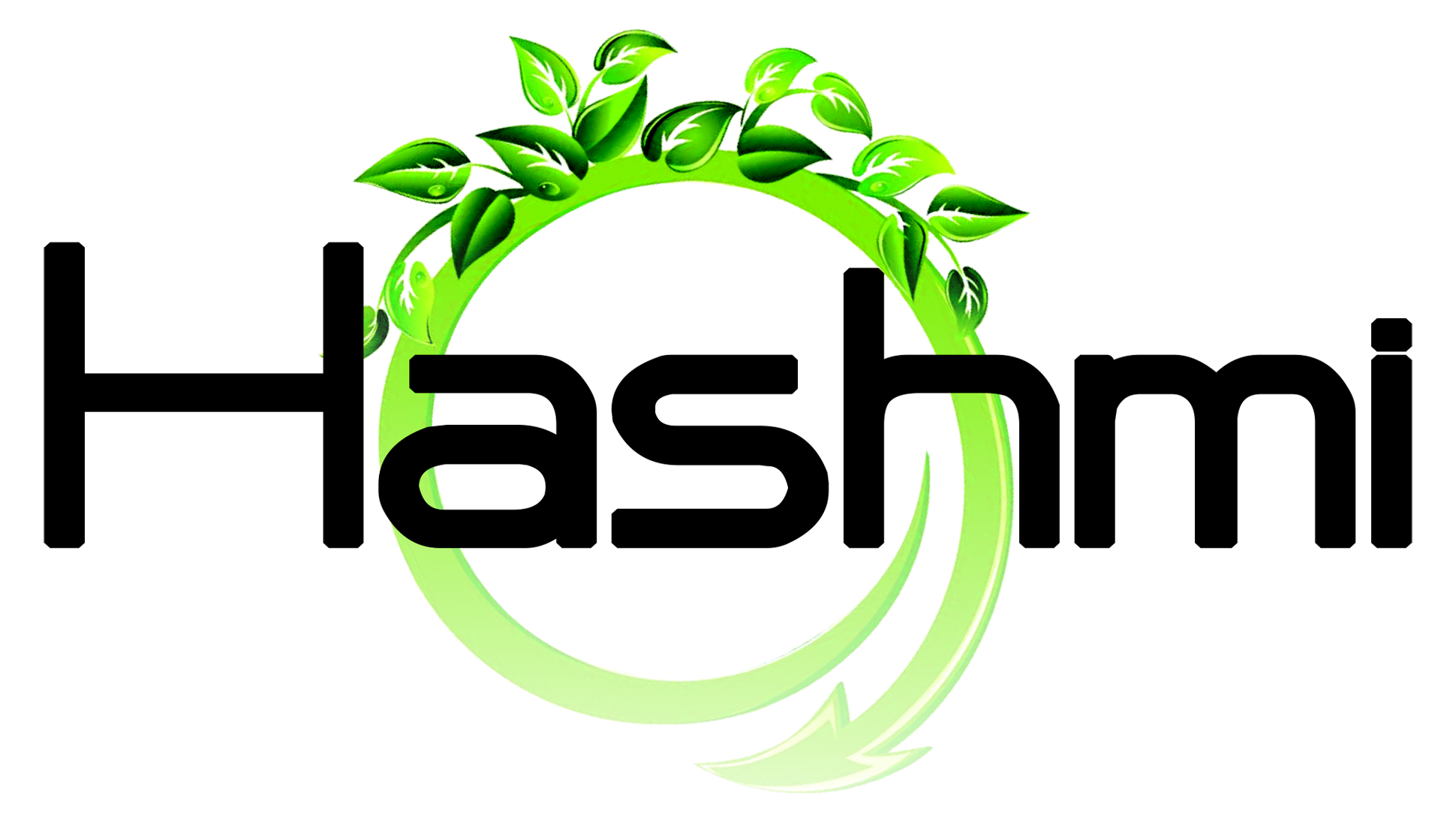Malepower.in is a e – commerce organization which brings a new approach to the online gift industry. We bring quality products. Malepower.in means the online shopping platform i.e. Malepower.in. Shopping at your door step, it is one of the easy and convenient way to explore and fulfill your shopping requirements. We have a plenty amount of products for meeting various needs of individuals. We believe is our quality service should always be an enough reason to bring smile on customer face. Hashmi Mart is one of the rapid booming organization. We deal in multi brands. We are in 24 *7 at customer service. We aim to be where the growth is, connecting customers to opportunities, enabling businesses to thrive and economies to prosper, and ultimately, helping people to fulfill their needs and requirements. We Based on long-term trends and in competitive position. We are adopting and enforcing the highest global standards across Malepower.in. We encourage our customer to be their best in an inclusive and inspiring environment.
OUR VALUES
Customer’s Centricity : –
Commit to ‘best outcomes and experience’ for our customers.
Treat customers and their caregivers with compassion, care and understanding.
Our customers’ needs will come first.
Integrity :-
Be principled, open and honest.
Model and live our ‘Values’. Demonstrate moral courage to speak up and do the right things.
Teamwork:-
Proactively support each other and operate as one team.
Respect and value people at all levels with different opinions, experiences and backgrounds.
Put organization needs’ before department / self interest.
VISION:-
Our vision is to connect with more and more customers across the globe and to bring customers under one roof i.e Malepower.in. The customers are also provide insights into the present retail industry. Focus on high earnings growth with investment. Our business philosophy is based on Customer Focus, Operational Excellence, Product Leadership and People. We believe that the ultimate identity and success of our organization will reside in the exceptional Quality of our team members and their extraordinary efforts. For this reason, we are committed to hiring, developing, motivating and retaining the best people in the industry. The vision statement of Malepower is to be the leader. The mission statement is to be the first choice of customers and to make a remarkable image in the customer’s mind for life long. All round development of team members, employees, customers is the vital goal of Malepower.in. Malepower.in is driven by the vision of becoming a global leader in the integrated online shopping delivery space and the larger purpose of saving and enriching lives through customer satisfaction.
